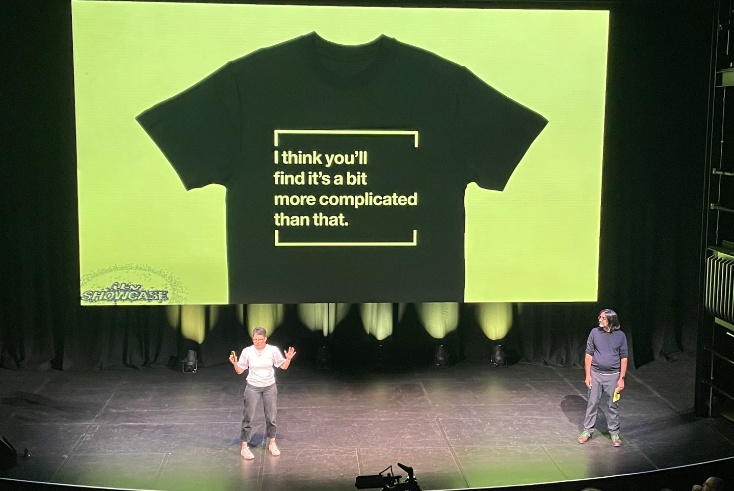ITV Showcase: Search and TV should work closely together

At the 2024 ITV Showcase, director of client strategy and planning Kate Waters and measurement innovation lead, commercial, Sameer Modha sought to debunk some myths around TV advertising with updates on some of its key research.
Waters called TV “the ultimate multiplier medium” and made the case for TV’s full value in advertising campaigns not being recognised by current measurement and attribution tools.
“When you take the growing complexity in the number of media choices, and the multiplier effect of TV, you come up with an interesting hypothesis,” she said.
“If that world is expanding, and TV works like a multiplier medium, then actually maybe TV is getting even more effective. Maybe there are even more ways in which it is working, but perhaps we can’t see them all because we just haven’t been looking for its footprints in all the right places.”
Waters compared the role of TV in advertising to a piano in an orchestra that is getting bigger and bigger, where sometimes it can be heard “really, really clearly” and other times “it’s enhancing the other parts of the orchestra” which makes it “much harder to pick out”.
As a result, Waters explained that ITV’s mission was to “measure all the value that TV for all our advertisers”.
At the Showcase in particular, Modha revealed learnings from a study called Auction Boost, which ITV conducted in collaboration with Omnicom Media Group, Percept and Sequence Analytics, to explore the relationship between TV advertising and search auctions from around the world.
On average, the study found that TV advertising lifted search performance across impressions, clicks and conversions by 5%, while this was recorded as high as 20% for select brands and categories.
Other key findings seemed to go against commonly accepted marketing knowledge, including that search and TV were “more closely connected” than previously believed. Campaigns planned and managed where TV and search supported each other worked better than those planned and managed independently, the study found.
Additionally, there was “a clear positive impact” from TV on generic search terms.
Therefore, brands using attribution tools with only branded search terms may be missing out on a way to increase their campaign effectiveness and efficiency.
Finally, TV-driven search traffic was “high-quality”, rather than of a lower quality to normal traffic, with clicks and conversions at a similar level than other sources.
TV advertising affects margin in the short term
Waters additionally teased early findings from another study called Pricing Power, which studied the relationship between TV advertising, brand equity, competition and price elasticity using consumer choice modelling.
In the carbonated soft-drinks category, Waters found that brand advertising helped to reduce brand sensitivity compared with a brand’s competition, making “a significance difference to profitability” and margin in the short term.
This is incremental to the slowly built and long-term effects of brand advertising on brand equity.
In the next wave of the analysis, ITV will look at FMCG, financial services and automotive brands.
Geo-X more ‘leaned in’ to by smaller brands
Elsewhere, one year on from launching Geo-Xperiment, which was created by ITV AdLabs to give brands the chance to test how campaigns perform in different areas of the country, Modha shared results from more than 30 case studies.
These examined the incremental impact of TV advertising and multiple outcomes from ITV campaigns, from store footfall to volume of traffic to call centres and websites, email open rates and sales.
To date, brands using Geo-X had reported an average uplift in website traffic of 23% for the typical TV advertiser, rising to an uplift of 38% for smaller advertisers, which have tended to “lean in more”.




